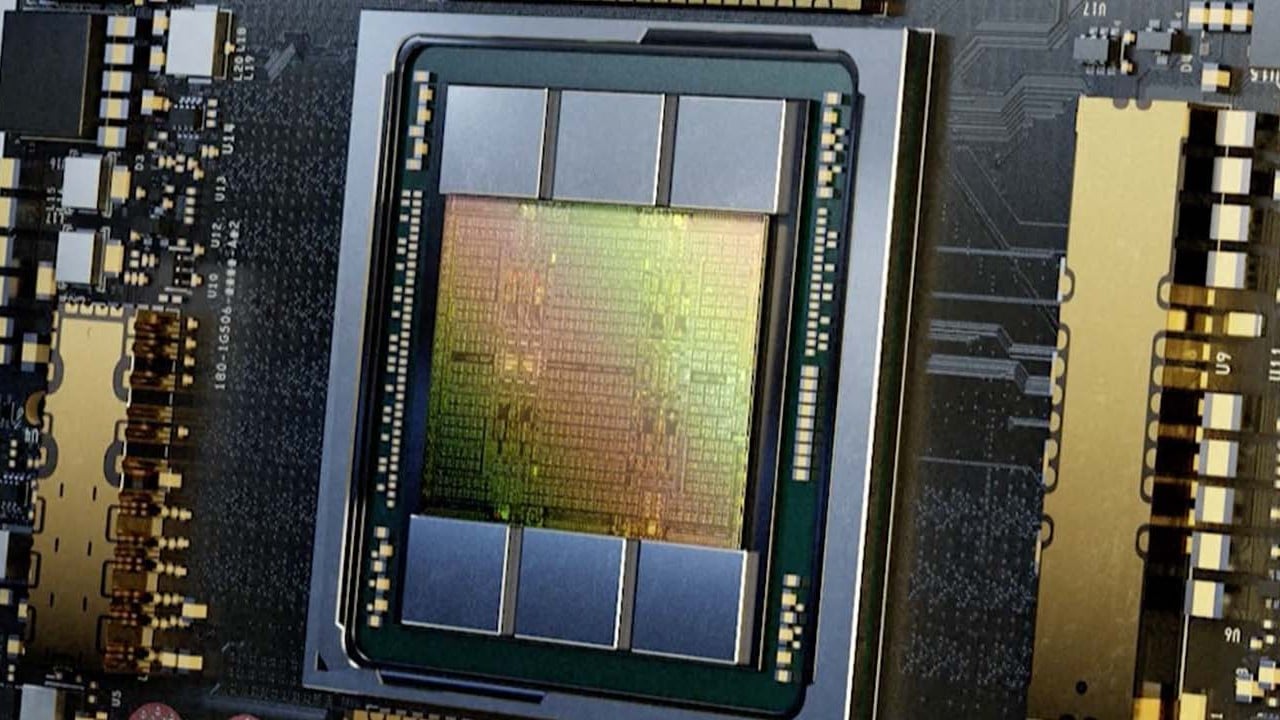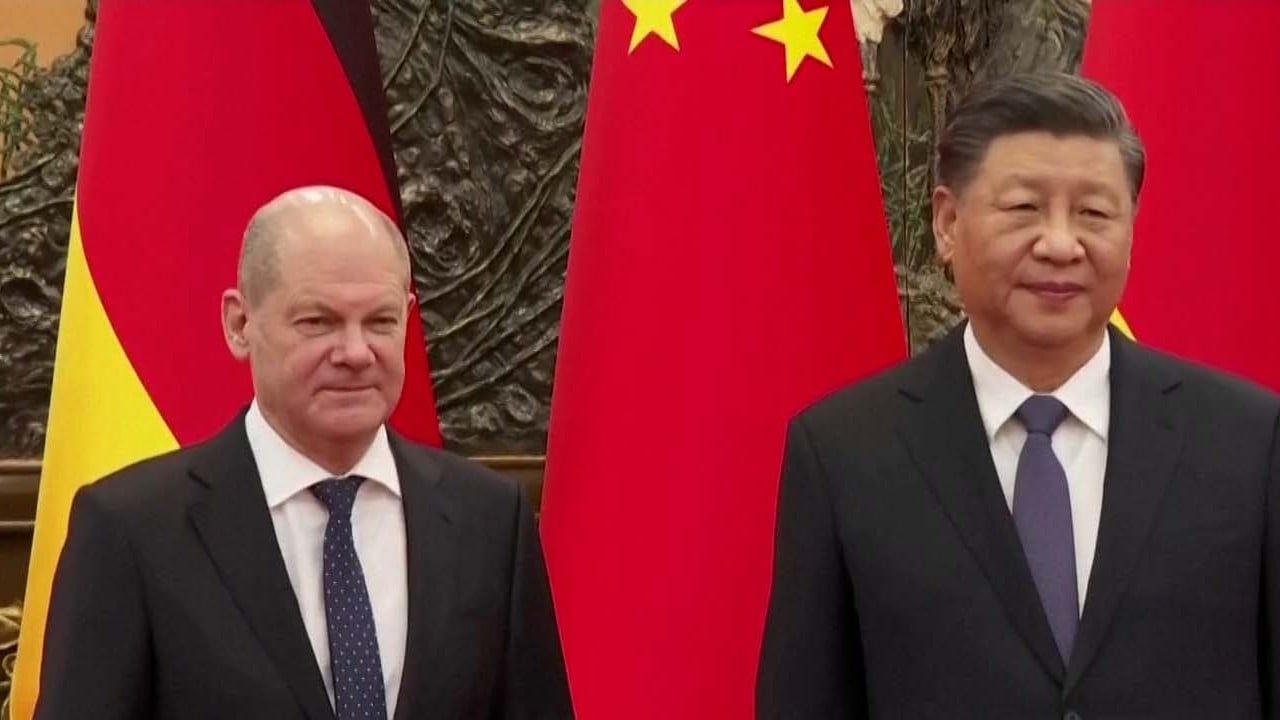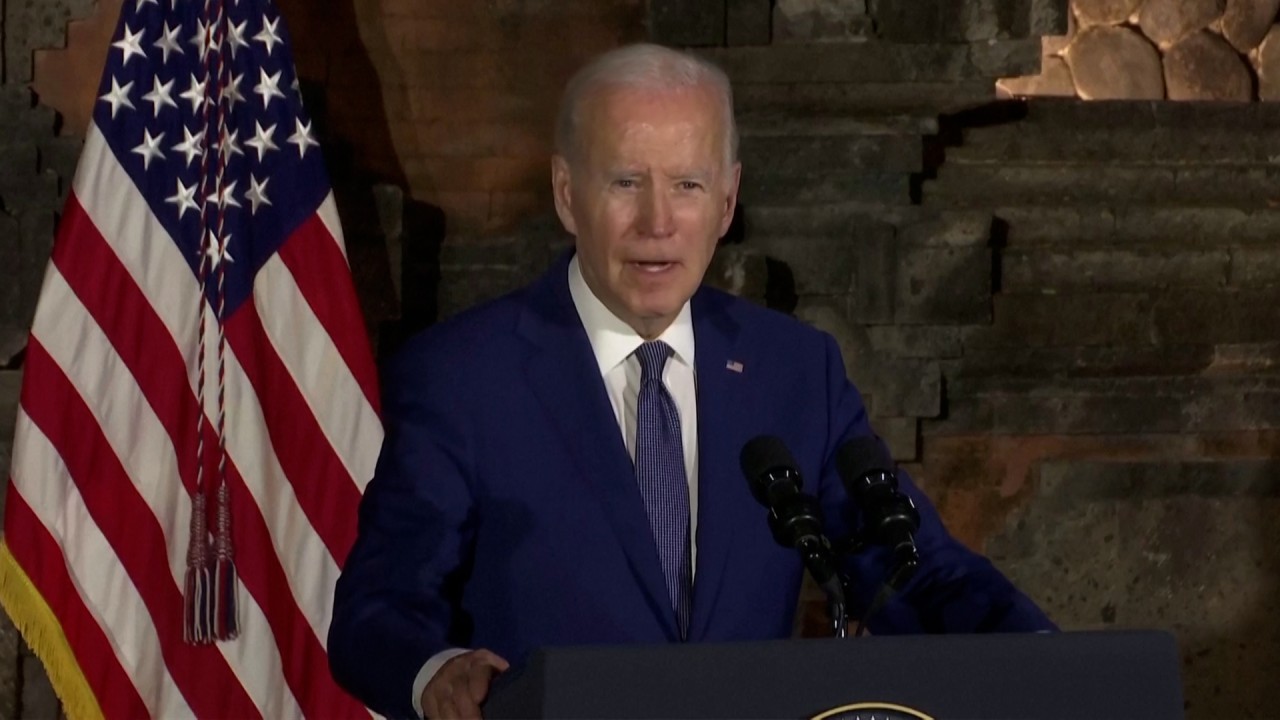
Under Joe Biden, the US trade war on China is only likely to get worse
- The new assault, focusing on tech export controls, is a game changer, targeting whole sectors, redrawing global supply chains and remaking global trade rules
- The US president may ditch some Trump-era tariffs after meeting Xi but America’s geopolitical objectives are unlikely to change, along with the aggressive trade policy on China
These days, talk of Washington’s trade war against China seems to have faded, whether from headlines or in conversation.
But the tariffs that former US president Donald Trump slapped on Chinese goods continue to rack up an estimated US$40 billion in duties each year. Although largely borne by American consumers and manufacturers, these tariffs also hit Chinese imports hard. According to the Peterson Institute for International Economics, China now accounts for only 18 per cent of US goods imports, from 22 per cent before the trade war.
The trade war has not been halted. On the contrary, under President Joe Biden, it remains just as sinister and destructive, if not more so.
US chip ban: America must beware of backing China into a corner
The move is, in Wolf’s words, “far more threatening to Beijing than anything Donald Trump did”, and the aim is to “clearly slow China’s economic development”.
Washington’s new assault on China is a game changer. It targets whole sectors, rather than companies and individuals – in this case, a critical Chinese tech sector. It is, as many Chinese see it, a throwback to the technological blockade that Washington orchestrated against a newly founded Communist China in 1949, in a bid to strangle the new people’s republic.
Yet analysts say that a Washington in pursuit of a sectoral technological blockade could extend export controls to other Chinese hi-tech sectors such as quantum computing, biotechnology and artificial intelligence. It is also reportedly working to get allies on board.
Washington is also ratcheting up efforts to reshape global trade rules. Current multilateral trade rules are inadequate for it to constrain and beat China. So it resorts to what it does best: setting new rules. By writing “trade rules for the 21st century” designed to disadvantage China, Washington hopes to prevent it from eroding US dominance.
US is a destructive force for the rules-based global economic order
But the meeting is unlikely to significantly affect Washington’s aggressive trade policy on China in other dimensions, as the US’ geopolitical objectives are not expected to change.
In all probability, Washington’s trade war against China will persist and eventually escalate. As a result, it will become highly consequential. A world economy carved into opposing camps would, according to the IMF, shrink by 1.5 per cent, making most of us poorer and the world a darker place. It would indeed be unfortunate for everyone if the US presses ahead with its trade war against China.
Zhou Xiaoming is former deputy representative of China’s Permanent Mission to the United Nations Office in Geneva




